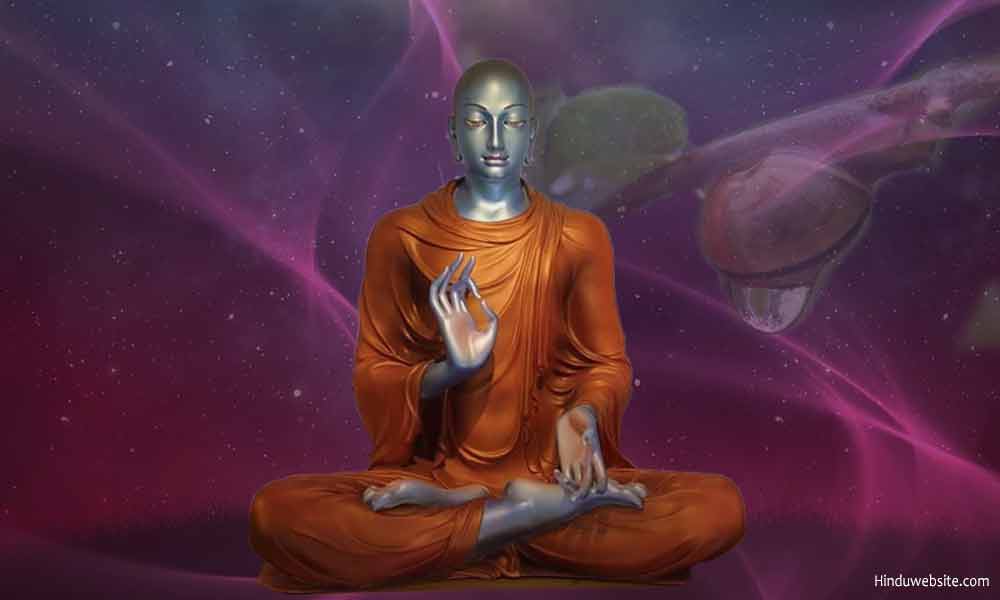
Contemplation Upon Dukkha or Suffering

Summary: This essay provides an insight into the nature of Dukkha or suffering from the Buddhist perspective, which is helpful to cope with suffering with equanimity and detachment.
Dukkha is not just physical pain or suffering. It includes every disturbance or modification that arises from or happens to or happens within the mind and body and their aggregates.
The aggregates of the mind and body are predisposed to produce Dukkha because they are impure and produced by karma, ignorance, egoism, anger, pride, envy, etc.
Beings are subject to birth, death, rebirth, decay aging, sickness, attraction and aversion, separation and union with pleasant and unpleasant things, and so on. They are but different formations of Dukkha only. Therefore, know that Dukkha is an inescapable fact of life.
You are caught in the whirl of Dukkha. You are its subject and object, cause and effect. You are empty within yourself, but for now that emptiness is filled with the aggregates of Dukkha namely the body, feelings, perception, mental fabrications and consciousness. They are but the different aggregations of Dukkha only, created by karma.
No one can escape from Dukkha as long as karma is active and continuous. Therefore, like a shadow, from one birth to another, suffering follows everyone.
Fortunately, as everything else in the phenomenal world, Dukkha is also impermanent. By mindfully watching its coming and going or rising and falling in your mind and body, you can gain a direct experience of impermanence.
Impermanence of things also means that you can find moments of peace and respite in the continuous stream of Dukkha. It also means that you can hope for improvement or mitigation of your suffering through the practice of Dharma.
However, do not expect lasting happiness to arise from your mind and body. The five impure and imperfect aggregates are ill-equipped to produce perfect happiness. The happiness which arises from them or in them is always tainted with impermanence, fluctuations and instability.
Apart from thinking of impermanence, you can counter Dukkha by focusing upon emptiness also. By emptiness (shunya) we mean that phenomenal things are empty in themselves. They do not possess an indestructible essence, which outlasts them or pervades them.
Your Dukkha is also an empty formation. It can be dispelled or dissolved into nothingness. Therefore, when Dukkha arises, know that it is empty in itself, and if you let it be, it will collapse soon into emptiness.
Dukkha is an objective reality or the not-self reality. It arises and subsides within the not-self only. The notion that it happens to an eternal self or a permanent subject is an illusion.
The one who experiences Dukkha is also a formation who comes into existence through the aggregates of the mind and body. It is empty in itself and devoid of essence. Therefore, cultivate detachment and become a witness to your suffering with sameness, rather than becoming a victim of it.
When Dukkha arises, remember that it is happening in you, not to you. Let that suffering become diffused, just as a wave that rises and falls on its own in an ocean. Do not assume ownership or relationship, for it can set in motion a chain of karma and further suffering.
Dukkha is an inseparable and inescapable fact of life. You are made up of Dukkha, and live amidst Dukkha. You create Dukkha and suffer from Dukkha.
Dukkha cannot be mitigated by producing happiness because your mind and body are ill equipped to produce lasting happiness or pure happiness.
Enjoy happy moments when they arise, but know that they will soon be gone and replaced by other feelings and emotions.
When Dukkha arises in any form, pay attention to it. See with mindfulness its coming and going or rising and falling. Practice equanimity, with detachment, sameness and forbearance. With the insight and wisdom (prajna) thus gained, cultivate right views, right intentions and right resolve to attain nirvana on the Eightfold Path.
Suggestions for Further Reading
- The Five Great Burdens of Life
- Insight Into Change and Impermanence
- Meditation on Anicca or Impermanence
- Awakening and Enlightenment in Buddhism
- Buddha's Teachings on Kamma or Karma
- Death and Dying in Buddhism
- Concentration and Mindfulness Meditation
- Dasadhamma Sutta - The Ten Dhammas for Monks
- The Five Aggregates A Study Guide
- The Five Khandhas or Aggregates in the Body
- A Study Guide on The Four Noble Truths
- An Analysis of Hindu Buddhist Meditation Techniques
- What Anatta or No-Self is All About
- Prisoners of Karma A Story
- The Right View of Suffering in Buddhism
- Essays On Dharma
- Esoteric Mystic Hinduism
- Introduction to Hinduism
- Hindu Way of Life
- Essays On Karma
- Hindu Rites and Rituals
- The Origin of The Sanskrit Language
- Symbolism in Hinduism
- Essays on The Upanishads
- Concepts of Hinduism
- Essays on Atman
- Hindu Festivals
- Spiritual Practice
- Right Living
- Yoga of Sorrow
- Happiness
- Mental Health
- Concepts of Buddhism
- General Essays